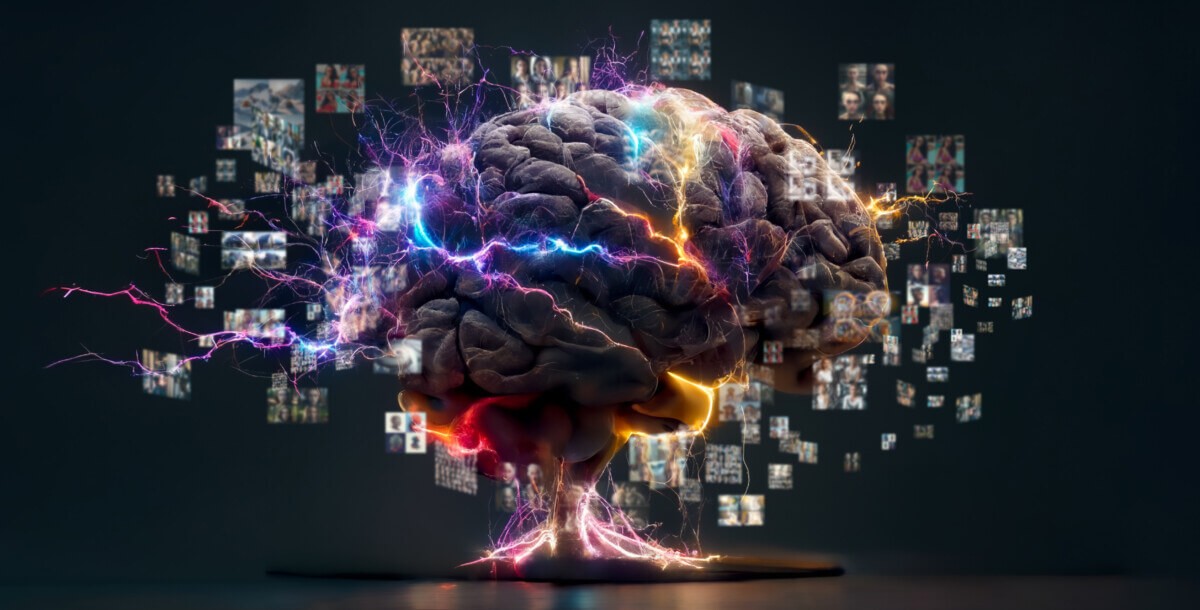
In a surprising twist to our understanding of memory, new research suggests that the brain may not be the sole repository of our recollections. A groundbreaking study has uncovered evidence that cells throughout the body possess the ability to learn and form memories, challenging long-held beliefs about cognitive processes.
The research, led by Nikolay V. Kukushkin from New York University, explored the learning capabilities of non-brain cells. The team's findings indicate that cells from various parts of the body, including nerve and kidney tissue, can activate "memory genes" in response to specific stimuli.
To investigate this phenomenon, researchers simulated the process of spaced learning by exposing non-brain human cells to patterns of chemical signals. These signals mimicked the neurotransmitter patterns that brain cells encounter when processing new information.
The results were astonishing. The non-brain cells demonstrated an ability to distinguish between repeated and prolonged chemical pulses, much like neurons in the brain. When the pulses were delivered at intervals, the cells activated the memory gene more intensely and for a longer duration compared to continuous exposure.
This behavior mirrors the well-known "massed-space effect" observed in traditional learning scenarios. The effect suggests that information retention improves when study sessions are spaced out rather than crammed into a single, intensive period.
"Our study shows that other cells in the body can learn and form memories, too," Kukushkin explained. "The ability to learn from spaced repetition isn't unique to brain cells, but might be a fundamental property of all cells."
These findings open up new avenues for understanding memory formation and could potentially revolutionize treatments for memory-related disorders. The research suggests that we may need to reconsider how we approach memory in the context of overall health.
For instance, Kukushkin proposes that future medical treatments might need to account for what other bodily systems "remember." This could include considering how the pancreas recalls past meal patterns to maintain healthy blood glucose levels or how cancer cells remember chemotherapy patterns.
As this research continues to unfold, it promises to reshape our understanding of memory and learning. The implications of this study extend far beyond neuroscience, potentially influencing fields such as medicine, psychology, and education.
While many questions remain unanswered, one thing is clear: our understanding of memory is evolving, and the brain may no longer be considered the sole keeper of our experiences and knowledge.